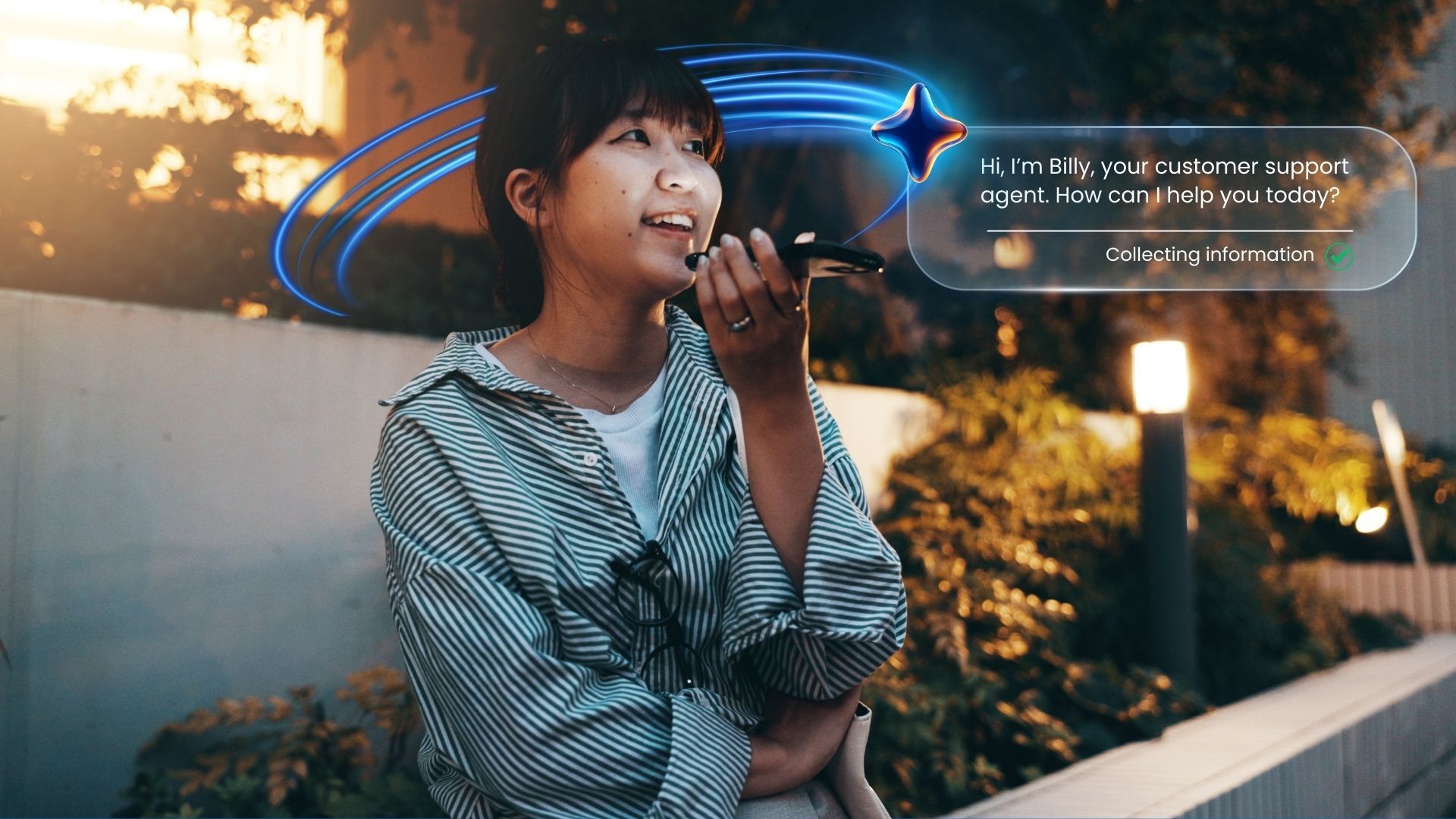How do you define customer loyalty? You won’t find it in the dictionary, and it will change drastically depending on who you ask. But through all of the various definitions, there is a common theme which is often overlooked--the integral part emotion plays within the concept of customer loyalty.
If you talk to any sales rep, they will tell you, it is easier to retain customers than to gain new ones simply because there is already an established trust, or emotional investment that has take place. Loyal customers are more likely to drive sales, simply due to the fact that they are already familiar with the product, they understand their growth potential with the product, and are therefore more likely to increase the size of their account. While this can boost revenue, these customers can also serve as an asset for prospective clients by offering a personal recommendation or review based on their own experience with your company. You are more likely to go see a movie if a friend has recommended it, right? Same concept.
So what are the keys to building customer loyalty?
1. Constant communication – Make the customer feel valued, and a part of the process. New upgrade? They should be the first to know. Use surveys and other methods to gain customer feedback. They are the best mirrors you have for where you can improve.
2. Don’t make a promise you can’t keep – We have learned this from just about every politician out there. If you can’t promise it will happen, don’t say it will.
3. Reward loyalty – Perks, incentives, recognition. All ways to reward loyal customers who have continued to use your product, through good times and bad.
4. Create a customer service experience statement – This will help define the customer experience not only for your customers, but it will help coordinate your team so you are all on the same page.
5. Create a familiarity - When a customer calls, you shouldn’t have to look up their account, you should be able to talk to them without shuffling about for their notes. This will help them feel as though you have personally invested in the relationship.
6. Be efficient and patient – Don’t keep the customer waiting. Their time is valuable, as is yours. Get to the root of the problem, and be patient, they may not understand things in the same way you do at first.
7. Be clear - Misunderstandings can be costly, make sure the customer understands what next steps are, and what they should expect.
8. Ongoing support and consultation – While this is not a direct interaction with the customer, seeking new methods and ways to optimize your customer experience from experts can help you reach a new understanding of your market, and the full scope what your customer experience should be.
Think about who you are loyal to in your life. Parents, siblings, friends. They have remained in your life despite mistakes, despite wrongdoing, because of the bond that you have formed, the experiences you have been through together. The same can be said for customer loyalty. You have to build relationships with your customers. No one wants to feel like a number, so put a face to a name, instead of a value to an account. If you take the time to foster this simple step, your business growth will be exponential.





